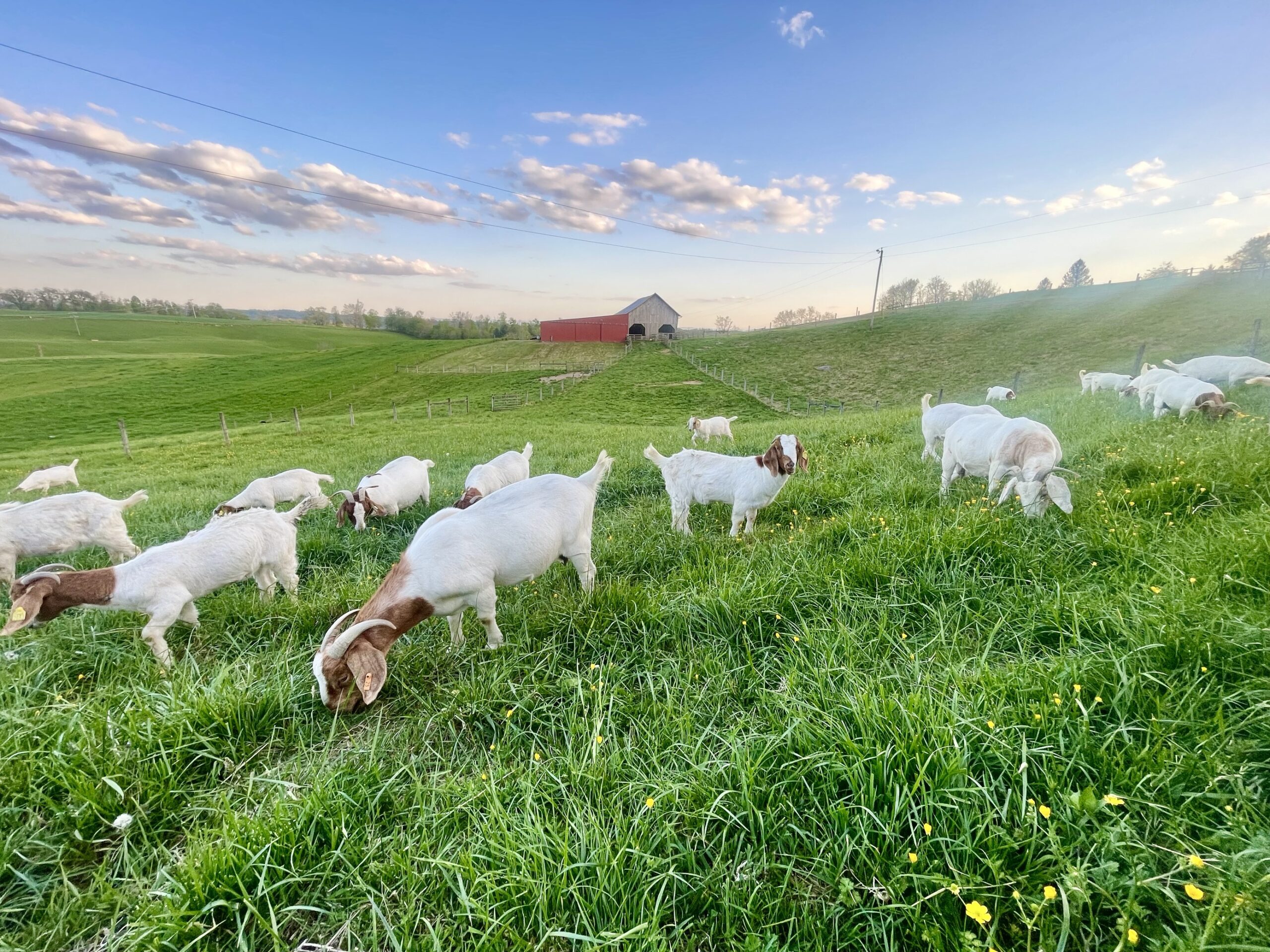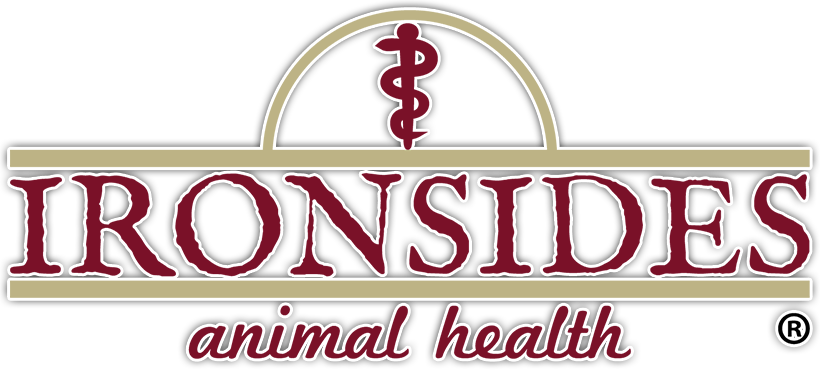Herd Health & Preventative Medicine
Preventative medicine for farm animals involves a range of measures to maintain their health and minimize disease risks. This includes vaccinations, such as administering vaccines for high-risk diseases like Bovine Viral Diarrhea virus (BVD) or Brucellosis. Ectoparasite control is also crucial, with regular deworming treatments, use of insecticides, and pasture management strategies to combat intestinal parasites and external parasites like ticks, flies, and lice. Implementing strict biosecurity measures, like limiting visitors, maintaining quarantine protocols for new animals, and practicing good hygiene, can also help prevent disease introduction and spread.
We conduct regular veterinary examinations to detect health issues early, covering body condition and reproductive health. Accurate record-keeping of vaccinations, treatments, and health-related information helps monitor both individual animal and herd health. Environmental management, including proper housing conditions with ventilation, temperature control, and waste management systems, also contributes to a healthy farm environment.
Our highly trained veterinary health professionals are experienced and up-to-date on evidence-based individual and herd health protocols. We are dedicated to animal health and welfare to ensure the long-term success of your farm.

Preventative Medical Care
- Vaccinations
- Parasite Control
- Biosecurity Measures
Vaccinations play a crucial role in preventing contagious diseases in farm animals. Vaccines are available for specific diseases like IBR, BVD, BRSV, PI3, Lepstospirosis, Clostridial disease, and many others specific to a herd’s risk of disease. Vaccination schedules and protocols vary depending on the species of animal and regional disease prevalence.
Parasites like worms, ticks, lice, and mites can cause significant health issues in farm animals. Regular deworming treatments, use of insecticides, and implementing pasture rotation strategies are common practices to control parasite infestations.
Implementing strict biosecurity measures is vital to prevent the introduction and spread of diseases on farms. This includes measures such as limiting visitors, maintaining quarantine protocols for new animals, controlling wildlife access, and practicing good hygiene and sanitation.
- Nutritional Management
- Routine Herd Checks
- Record-Keeping
Providing a balanced and appropriate diet is crucial for the overall health and productivity of farm animals. This includes feeding animals according to their specific nutritional requirements, ensuring access to clean and fresh water, and managing grazing and forage availability.
Routine herd checks and individual examinations are essential for early detection of any health issues in farm animals. These examinations may include assessments of body condition, hoof care, reproductive health, and overall well-being.
Maintaining accurate and up-to-date records of vaccinations, treatments, and health-related information is important for tracking the health status of individual animals and the overall herd. It aids in identifying patterns, making informed decisions, and complying with regulatory requirements.

